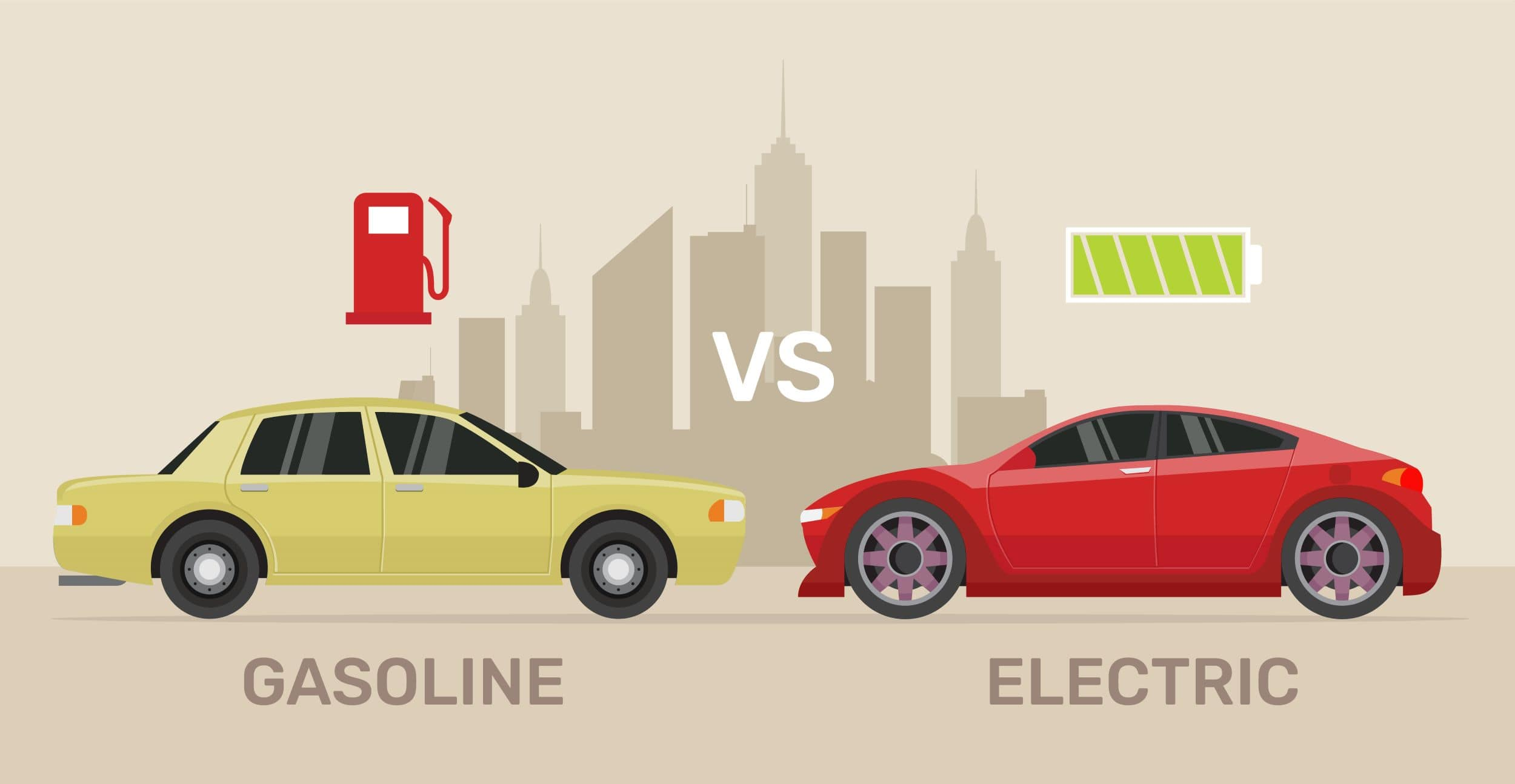Why Are Electric Vehicles Safer Than Traditional Cars?
Table of contents:
Electric vehicles (EVs) and traditional internal combustion engine vehicles (ICEVs) differ significantly in terms of safety. Here are the key comparisons based on recent findings:
Safety Advantages of Electric Vehicles

-
Lower Center of Gravity:
- EVs typically have a lower center of gravity due to the placement of their heavy battery packs at the bottom. This design enhances stability and reduces the risk of rollovers compared to traditional vehicles, which often have heavier components located higher up, making them more prone to tipping over .
-
Injury Claims:
- Studies indicate that passengers in EVs experience lower injury rates in crashes. For instance, injury claims for drivers and passengers in EVs were found to be over 40% lower than those for comparable ICE models, highlighting a significant safety advantage .
-
Advanced Safety Features:
- Many EVs come equipped with cutting-edge safety technologies, such as automatic emergency braking, lane departure warnings, and advanced collision avoidance systems. These features are often standard in newer EV models, contributing to overall safety improvements .
-
Fire Risk:
- Contrary to popular belief, EVs have a lower risk of fire compared to gasoline-powered vehicles. Data shows that while ICE vehicles experience approximately 1,530 fires per 100,000 sold, EVs report only about 25 fires per 100,000 sold. This is primarily due to the inherent flammability of gasoline and the robust safety measures integrated into EV battery designs .
-
Regenerative Braking:
- The regenerative braking systems used in many EVs not only improve energy efficiency but also enhance stopping power, allowing for quicker deceleration and potentially reducing accident severity .
Considerations and Challenges
-
Weight Concerns:
- One downside to the increasing popularity of EVs is their weight. Many EVs are significantly heavier than their ICE counterparts due to large battery packs. This increased weight can pose risks in collisions with lighter vehicles, potentially leading to more severe outcomes for occupants of those lighter cars .
-
Noise Levels:
- The quiet operation of EVs can be a safety concern, particularly for pedestrians who may not hear an approaching vehicle. To mitigate this risk, regulations are being implemented requiring EVs to emit sound at low speeds .
-
Crash Testing Standards:
- Both EVs and ICEVs must meet the same rigorous safety standards set by regulatory bodies like the National Highway Traffic Safety Administration (NHTSA). This ensures that all vehicles undergo thorough testing for crashworthiness and occupant protection .
In conclusion, while both electric and traditional vehicles have their respective safety features and challenges, current evidence suggests that electric vehicles may offer superior safety benefits due to their design, advanced technology, and lower rates of injury claims in accidents.
References
- SteerEV - Reasons Why Electric Vehicles Are Safer Than Traditional Cars
- Qmerit - What Makes EVs Safer Than Gasoline-Powered Vehicles
- Recurrent Auto - Are Electric Vehicles Safe?
- New Age Metals - Battery Electric Versus Traditional Vehicles: How Do They Compare?
- AFDC - Electric Vehicle Maintenance
- Axios - EV Weight and Safety Problems
- Reddit - What is the Definitive Safest Car to Buy?
- Solar Victoria - Comparing ZEV vs ICEV
comments powered by Disqus